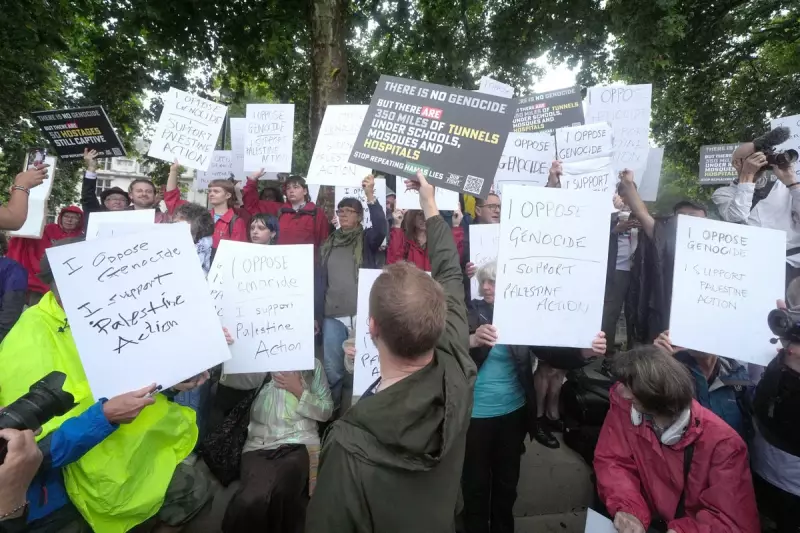
Acclaimed director and social campaigner Ken Loach stood shoulder-to-shoulder with a powerful coalition of trade unionists and activists in central London on Saturday, leading a charged demonstration against the government's contentious new anti-strike legislation.
The crowd, numbering in the thousands, converged on Westminster to voice fierce opposition to the Strikes (Minimum Service Levels) Bill. The proposed law would enforce minimum service levels during industrial action in key sectors like transport, health, and education, effectively limiting the impact of strikes.
Loach, the legendary filmmaker behind I, Daniel Blake and Kes, addressed the passionate gathering, lambasting the bill as a "brutal attack on the basic rights of working people." He framed the legislation as a direct assault on the fundamental freedom to withdraw labour, a cornerstone of trade unionism.
A Coalition of Resistance
The protest was not an isolated event but part of a coordinated national day of action. Rallies echoed simultaneously in major cities including Belfast and Edinburgh, signalling a broad-based resistance movement stretching across the UK.
Organised by a united front of major trade unions, the demonstrations aimed to put maximum pressure on MPs and the House of Lords to reject the bill. Protesters carried signs reading "Kill the Bill" and "Defend the Right to Strike," creating a sea of placards that underscored their determination.
Why This Bill Is So Controversial
Critics argue the legislation will effectively neuter the ability of workers to take impactful industrial action, tilting the balance of power heavily in favour of employers and the government. The bill could see employees who vote legally to strike being forced to work anyway and facing dismissal if they refuse.
Union leaders have condemned it as the most significant curtailment of workers' rights in decades, drawing comparisons to the trade union struggles of the 1980s. The government maintains the bill is necessary to protect public safety and ensure essential services remain operational during periods of dispute.
With the protest movement gaining momentum and national coordination, this escalating clash between the government and trade unions is poised to become a defining political battle of the year.





